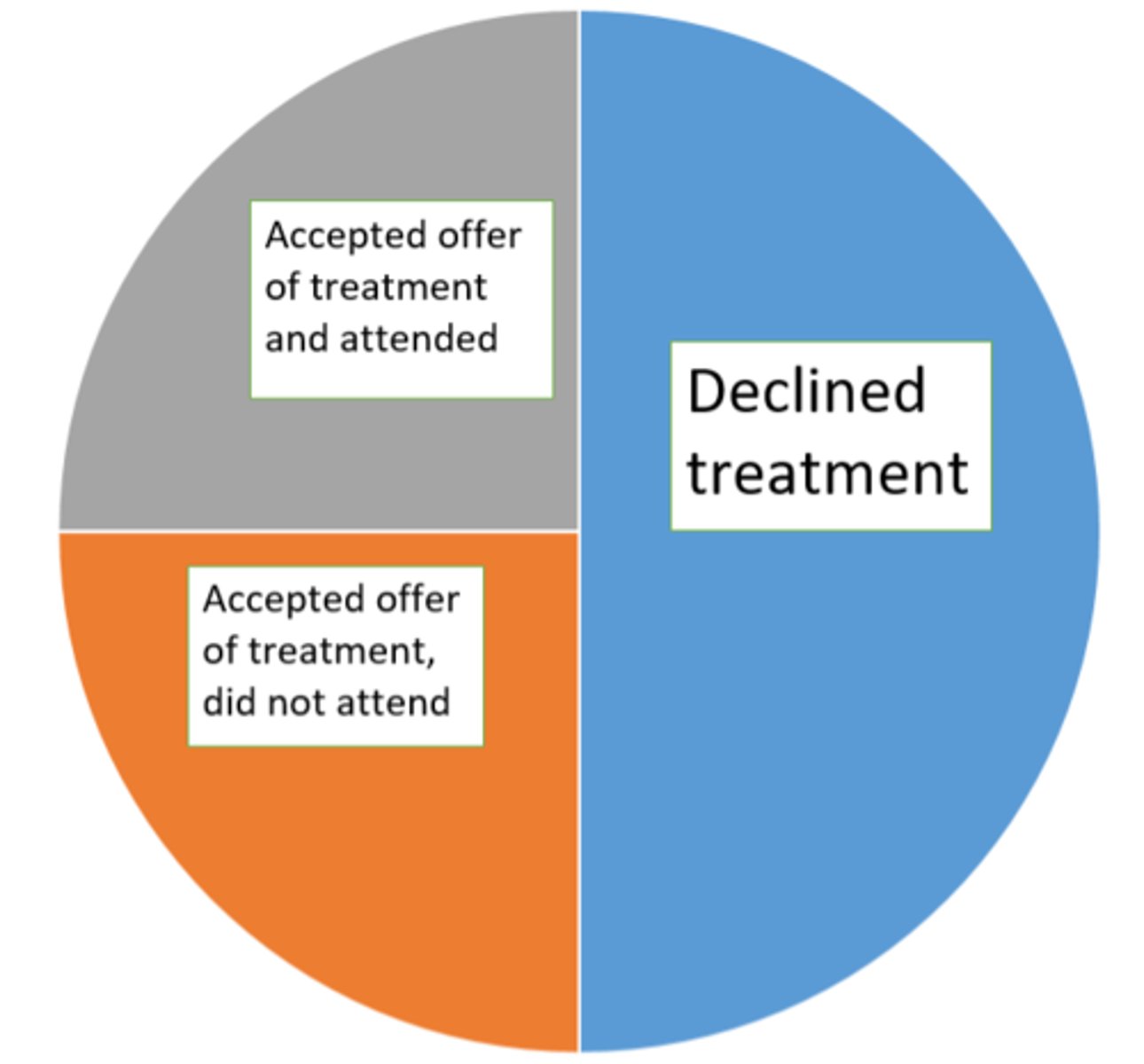SZ 13 Family therapy
1/4
There's no tags or description
Looks like no tags are added yet.
Name | Mastery | Learn | Test | Matching | Spaced |
|---|
No study sessions yet.
5 Terms
Explain the rationale of using family therapy for treating schizophrenia (4)
•Aims to reduce EE
•i.e., hostility, critical comments and emotional over- involvement
•This should reduce the stress on the patient
•This should reduce the chances of relapse
Outline the role of (i) education about schizophrenia (3) and (ii) skill development (2) in family therapy
(i) Educate family about:
(a) symptoms / severity
(b) causes / triggers
(c) their role (in triggering / preventing stress)
(ii) Skill development
• Develop ability to
(i) identify and anticipate problems
(ii) deal with them appropriately
Explain what research shows about the effectiveness of family therapy for treating schizophrenia (3)
Why might these results exaggerate the effectiveness of family therapy?
* Relapse rate nearly ½ when added to medication
* Levels of expressed emotion were lower
* Pharoah describes this as moderately effective
* Exaggeration of effectiveness due to methodological problems in the clinical trials
Outline the results of McCreadie's study about take- up of family therapy (3)
* McCreadie: ½ of relatives accepted invite to FT
* ½ of those did not turn up
* i.e., only 1/4 used treatment

Explain one (or more) other issues of appropriateness regarding the use of family therapy for schizophrenia
There are 3 issues in the answers: you may have one or more of them, or other ones!
Some of them flow from the McCreadie finding
* Families might choose not to take part in family therapy
(a)Practical reasons: hard to get everyone together.
(b)Emotional reasons: feel guilty about the patient’s SZ
(c)Motivational reasons: do not feel they are responsible
* Costly for NHS to train therapists / run sessions
* Especially with such poor take up
* Unintended outcome
• Increases tension within family
•Get into negative spiral of blame and conflict